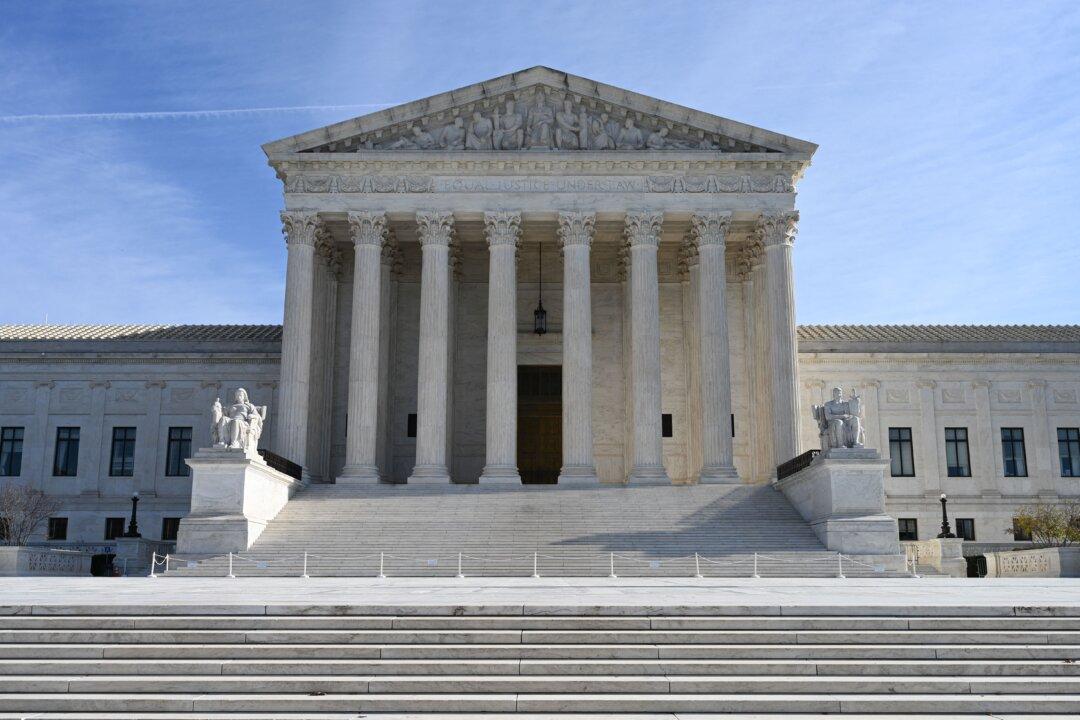George Washington University law professor Jonathan Turley criticized the Supreme Court on Jan. 19 over its failure to determine who leaked a draft of the court’s Dobbs v. Jackson Women’s Health Organization opinion.
After a months-long investigation sparked by the May leak, the court released its much-anticipated investigative report (pdf) on the matter Thursday, finding that it was “not possible” to identify the person responsible for the breach or how the document had ended up in the hands of Politico.





